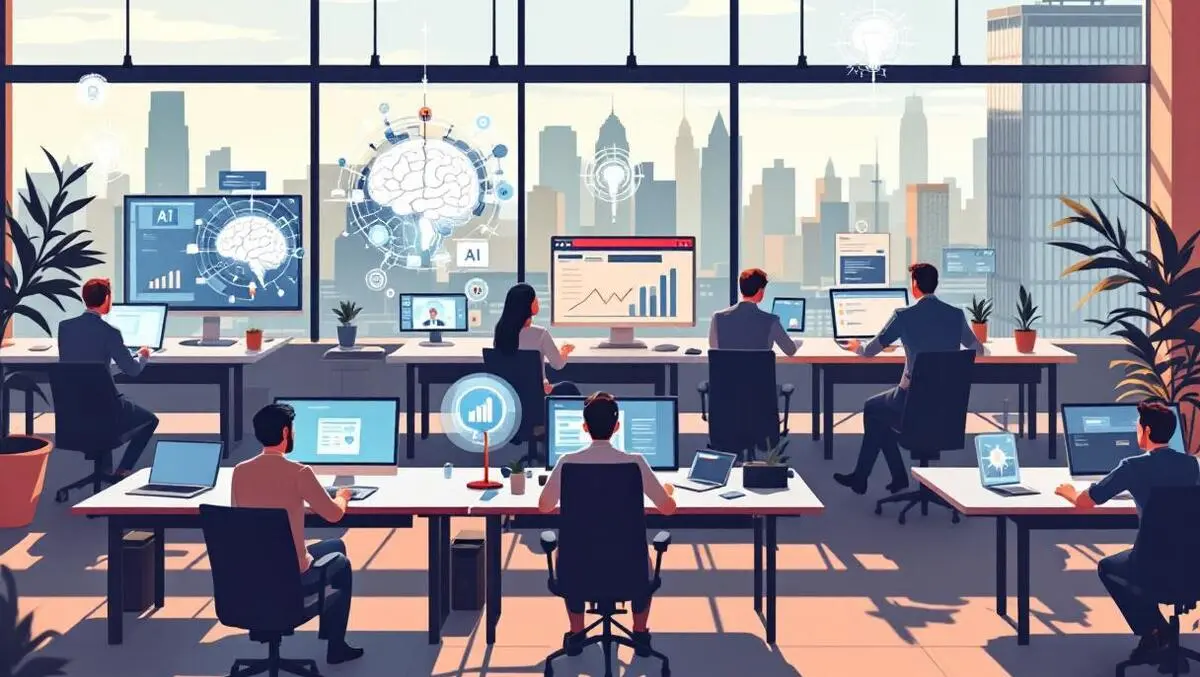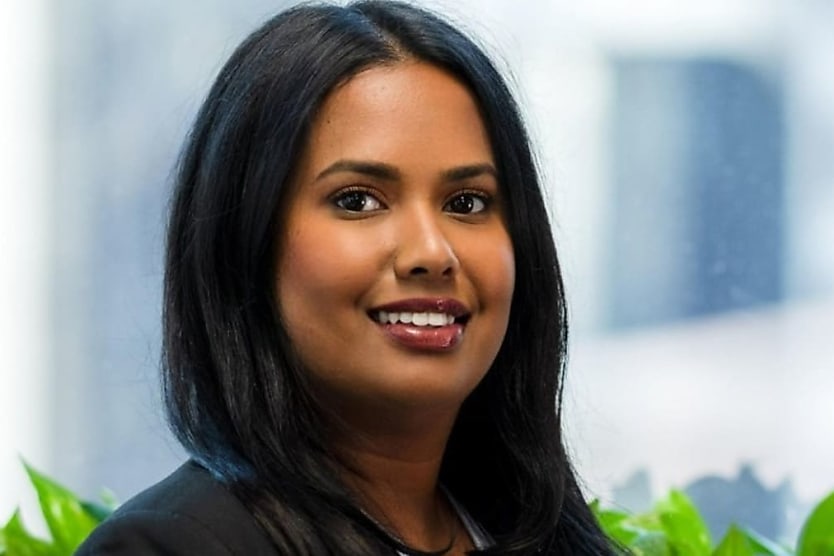National Tension: Australians divided on AI’s future

Artificial intelligence (AI) continues to divide public opinion in Australia, as new findings reveal deep unease about its growing influence on jobs, creativity, and trust. While many acknowledge the efficiency and speed that AI brings, a majority still believe it creates more problems than it solves.
Recent data shows that 65% of Australians think AI does more harm than good — a striking eight-point rise from 2023. Behind that figure lies a complex web of anxieties about job displacement, misinformation, and the erosion of human creativity. For many, the rapid rise of AI feels like a technological sprint without a clear social roadmap, raising questions about what we might lose in the process.
Concerns are not unfounded. As businesses continue to integrate automation and machine learning into daily operations, people across creative, service, and administrative roles are feeling the pressure. AI’s growing role in decision-making and content generation fuels fears that efficiency may come at the expense of critical thinking and originality.
“Making processes faster is not always better, we risk losing human creativity.”
On a recent AU Market Update, Aiden Boast, people2people North Shore Manager, explored how this national tension reflects the intersection between technological progress and human priori ties. Aiden noted that while the Australian workforce is increasingly comfortable with digital transformation, the challenge lies in ensuring technology remains a complement, not a competitor, to people’s skills.
He highlighted that public trust in AI depends on how businesses choose to deploy it. Transparency around data use, clear governance frameworks, and open communication about AI’s purpose are key to closing the gap between optimism and anxiety. The conversation also acknowledged that while some industries are cutting headcounts through automation, others are finding ways to enhance roles through AI tools that improve productivity and decision-making.
Across sectors, the focus is shifting from “replacement” to “augmentation.” Jobs and Skills Australia reports that current generations of AI are more likely to enhance human capability than eliminate it — especially in professional and technical roles. This distinction is critical. Rather than seeing AI as a threat, organisations that invest in upskilling their people and redefining workflows will likely gain the most from its potential.
However, the data also reveals emotional undercurrents that can’t be ignored. Beyond the technical or economic impact, Australians are voicing concern about privacy, surveillance, and the dilution of authenticity in information. The rise of deepfakes and misinformation underscores the need for ethical safeguards and digital literacy. These are no longer abstract issues — they shape how individuals engage with technology, trust institutions, and view the future of work.
Ultimately, AI is not just reshaping industries but prompting a national reflection on what kind of progress Australians value. Aiden observed that the coming years will test leaders’ ability to balance innovation with inclusion — ensuring that digital advances don’t widen inequality or weaken human connection.
How can organisations build trust in AI?
- Prioritise transparency:
Explain how AI tools are used, and what data informs them.
- Invest in upskilling:
Equip teams with the skills to work confidently alongside technology.
- Protect creativity:
Encourage innovation and critical thinking as core to human value.
- Champion ethics:
Develop clear guidelines for privacy, bias, and accountability.
- Communicate purpose:
Align AI adoption with the company’s mission and employee values.
- Monitor impact: Regularly assess how automation affects morale, workload, and wellbeing.
Grow your career and teams with people2people
In business since 2005 in Australia, NZ, and the United Kingdom, people2people is an award-winning recruitment agency with people at our heart. With over 12 offices, we specialise in accounting and finance, business support, education, executive, government, HR, legal, marketing and digital, property, sales, supply chain, and technology sectors. As the proud recipients of the 2025 RCSA and SEEK Outstanding Large Agency Awards, we are dedicated to helping businesses achieve success through a people-first approach.
Recent articles

Latest PR features
Copyright 2026, people2people Recruitment







